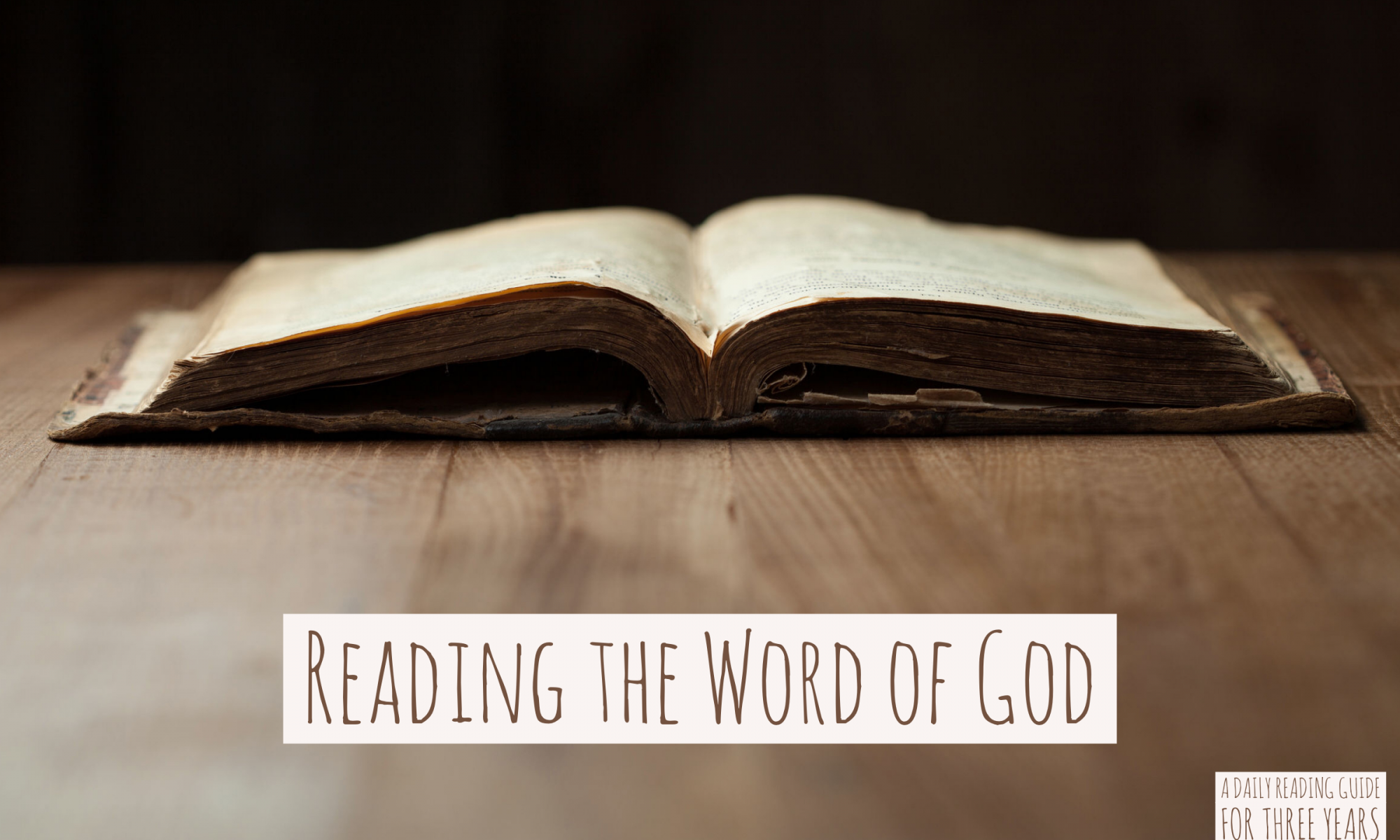Regarding the statement in Gen. 24:22, that Eliezer had given Rebekah an earring and two bracelets, with a specification as to their weight, Luther
makes this comment: “What is here told appears to reason to deal with carnal and worldly matters, and I myself wonder why Moses has so much to say concerning such trifling things and speaks so briefly concerning far more sublime matters. However, there is no doubt that the Holy Ghost wished that these things should be written for our instruction, for there is nothing small, nothing useless presented to us in Holy Scripture; but all things that were written, were written for our learning, Rom. 15:4. For God wishes to be recognized in all things, both small and great.” (54)
*For additional information, source material, and details, please visit: Reading the Word of God – Introduction



